Proclamation
The Relationship Between Choice, Emotion, and Logic
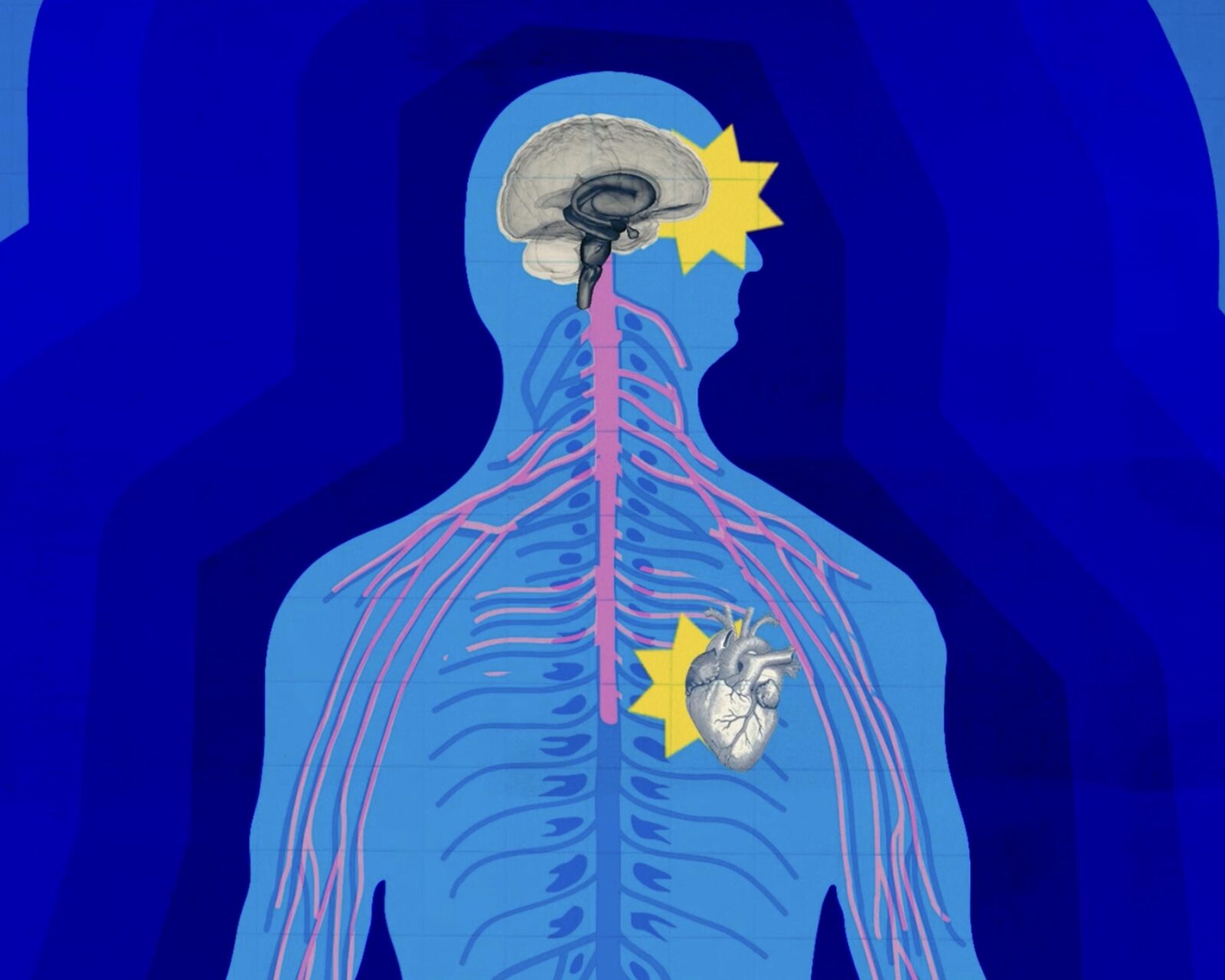
You’re given your conscience as a gift. And it can be formed into a stronger and more nuanced voice.
Proclamation

Explanation
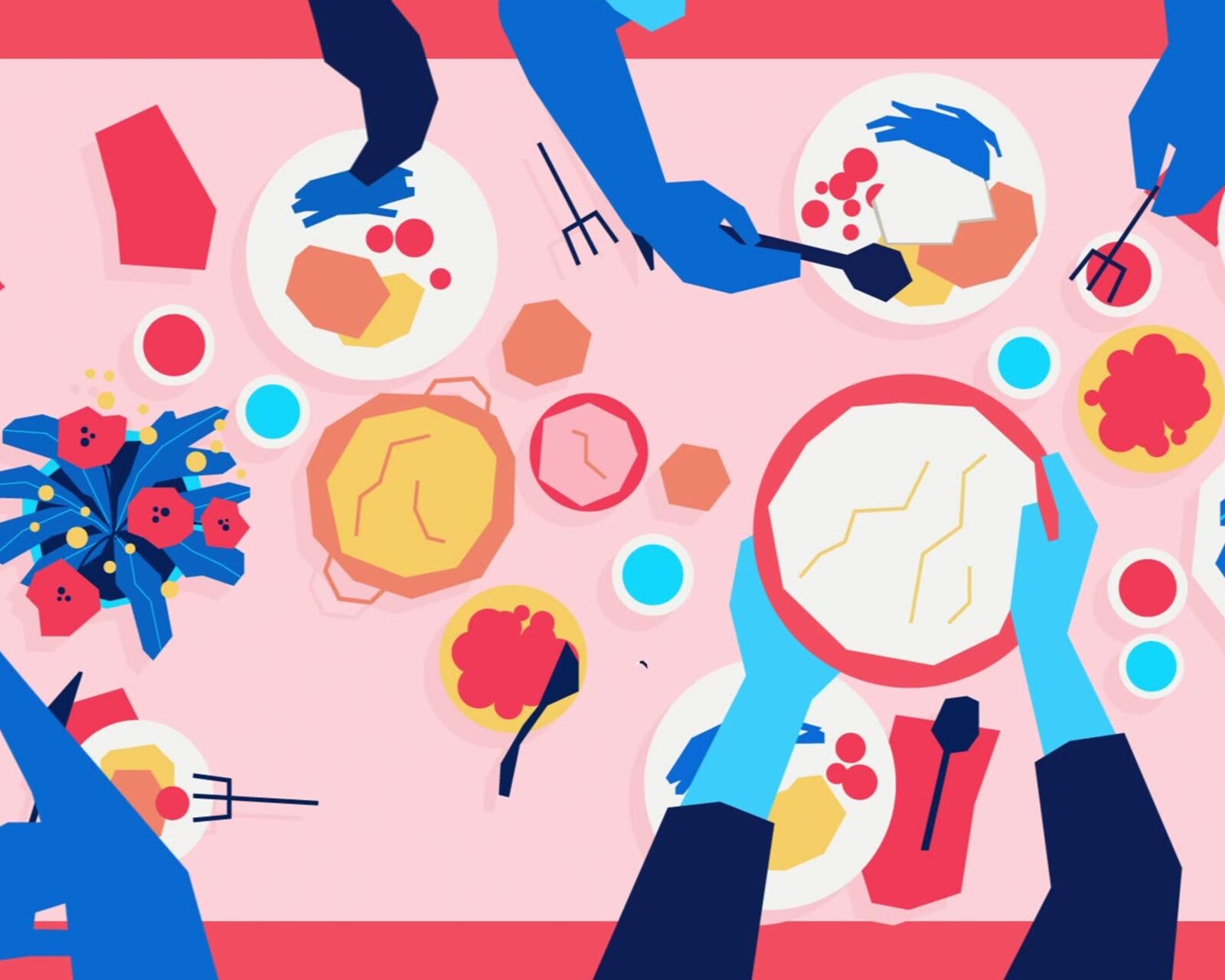
Podcast

Edmund: Look, I love DoorDash as much as the next guy, but I just realized the other day you can order crickets on DoorDash. And that’s what got me thinking: Are you capable of murder? [music stops abruptly] And what I really mean by that is: Can you trust your own little cricket?
See, here’s the thing: when I first said “Are you capable of murder?” there’s something that might have popped up into your gut or your head immediately. It’s this moral intuition; this feeling; this inner voice that you have that says “This thing is right or wrong.” Most people think that murder is wrong or lying to a loved one. But can you trust your conscience? What about situations where people’s consciences might disagree?
You remember the story of Pinocchio. See, Jiminy Cricket in Pinocchio represents Pinocchio’s conscience, in a way. Right? I mean, he’s a bug, and your conscience bugs you. And when you’re thinking about doing something wrong, your conscience is there to try and remind you of the difference between right and wrong and what it is that you’re about to do. But see, when I thought more about the story of Pinocchio, I thought, “It’s interesting that BOTH Pinnochio AND Jiminy Cricket learn things along the way.” You see, there’s a dialogue happening between Jiminy Cricket and Pinocchio throughout the film. Their friendship develops. And I think what’s important about this is to remember that your conscience is both a gift given to you by God AND something that you have to form and develop.
So here’s the thing: Just because something doesn’t feel bad doesn’t mean it’s not a bad act. We could just be not properly informed or we could have not developed a properly formed conscience yet. Or maybe we haven’t developed this ability to hear our conscience very clearly.
See, the Catechism reminds us of a lot of important things about our conscience. First of all, your conscience is not just your emotions; it’s distinct from your emotional life. There might be situations where your emotions feel conflicted or negative, but your conscience is clear.
And then secondly, the Catechism in paragraph 1784 reminds us, “The education of the conscience is a lifelong task.” So that means it’s something we have to take care of on a regular basis. And thirdly, the Catechism reminds us there are specific things we can do to make sure that our conscience is being formed properly so we can make the best decisions. So how do we do this? Well, the Catechism points out two areas we can turn to to form our conscience. The first is interior and the second is exterior.
The catechism reminds us in paragraph 1779 “It is important for every person to be sufficiently present to himself in order to hear and follow the voice of his conscience. This requirement of interiority is all the more necessary as life often distracts us from any reflection, self-examination or introspection”. We need to develop this interiority in order to have a well-formed conscience. So that means we need to understand what’s going on in the deepest level of our heart. And we can do this through reflection, self-examination, introspection, and even mental prayer. Taking time to regularly practice these things helps to increase this interiority and helps us develop a more formed conscience.
Okay so that’s the internal. What about the external? Well, we need truth. And God Himself is truth. And He’s revealed His truth in His plan for us through divine revelation. So we can go to the Church teachings, sacred scripture, and even the Catechism to make sure that we have the truth. These sources of truth help us better understand who God is, who we are, and the difference between right and wrong. We need these objective, external, unbiased, sources of truth to check our conscience agist. And there’s one last external place you can go, and that is to friends who you trust, respect and admire, and who you know have well-formed consciences. Friends like this are a great way to share what you’re thinking and discerning, and what you think your conscience is telling you and to get really good feedback in real time.
So think of your conscience like Play Doh. You’re given your conscience as a gift and it can be shaped into a more nuanced and stronger voice. [Looks at Play Doh creation he made]. It’s a horse. But if you ever played with Play Doh as a kid, you remember something about it. And that is if you leave this Play Doh out here and you don’t work with it and form it, over time it gets less and less capable of being formed until eventually it just dries out completely and is no longer able to be used.
God created us to live with freedom and He invites us to choose to become His adopted sons and daughters. And this is a huge responsibility. God couldn’t possibly create a book that has every single situation you’ll ever be in written down telling you exactly what to do. God wants to age you by giving you grace and the gift of your conscience so that you can better choose between right and wrong, and experience the fullness of a life in Christ.
So focus more on forming your conscience in both these external and internal ways. And don’t neglect it because God intended that we live with freedom and choose to become His adopted sons and daughters.
U.30 — CCC 1716-1729

The catechism says the beatitudes are the heart of Jesus’ preaching that they reveal the goal of human existence.
WatchU.29 — CCC 2052-2082
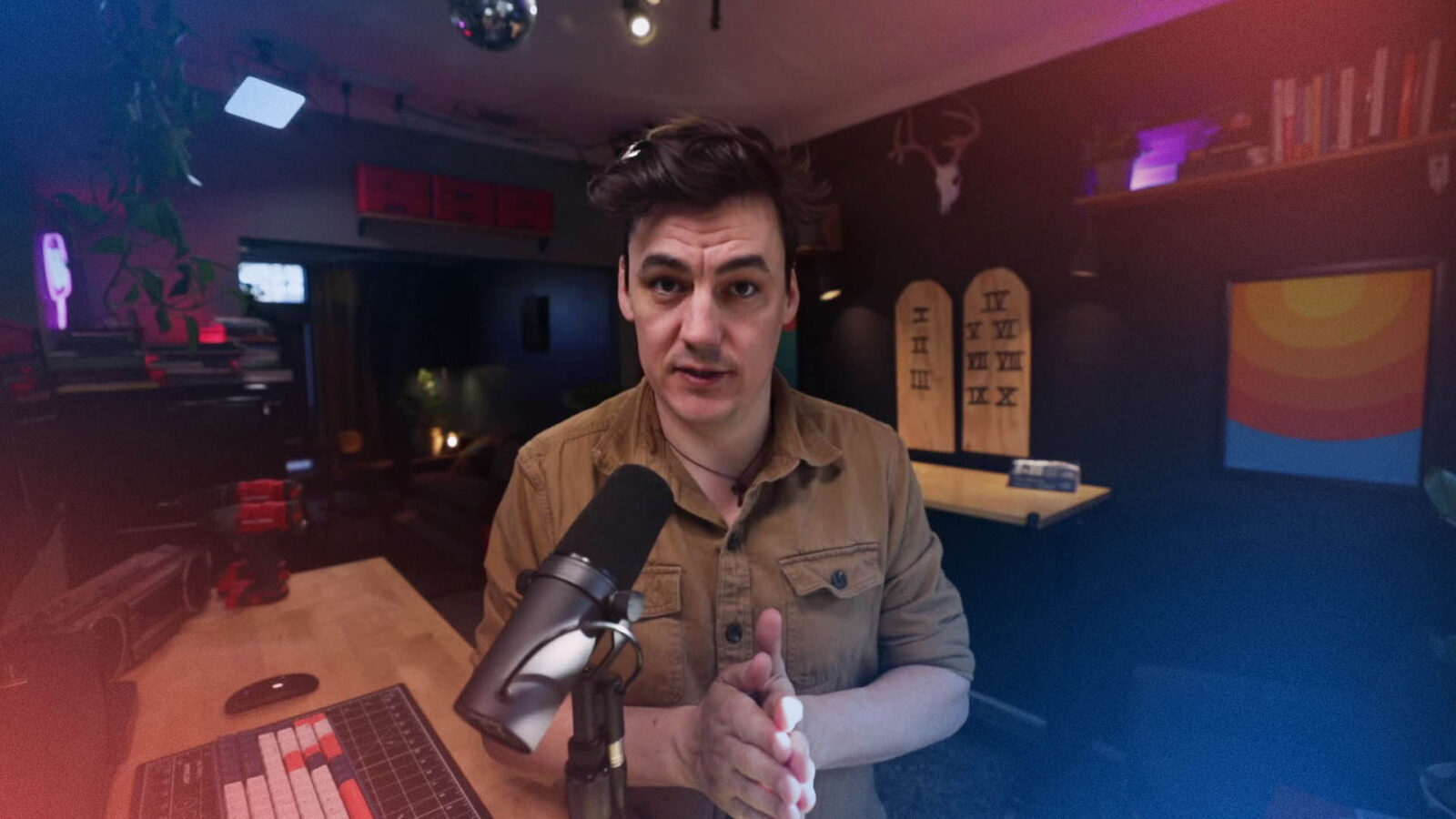
While the Ten Commandments state grave obligations, they also imply other ways we should live out God’s law in less grave matters.
WatchU.28 — CCC 1949-2051
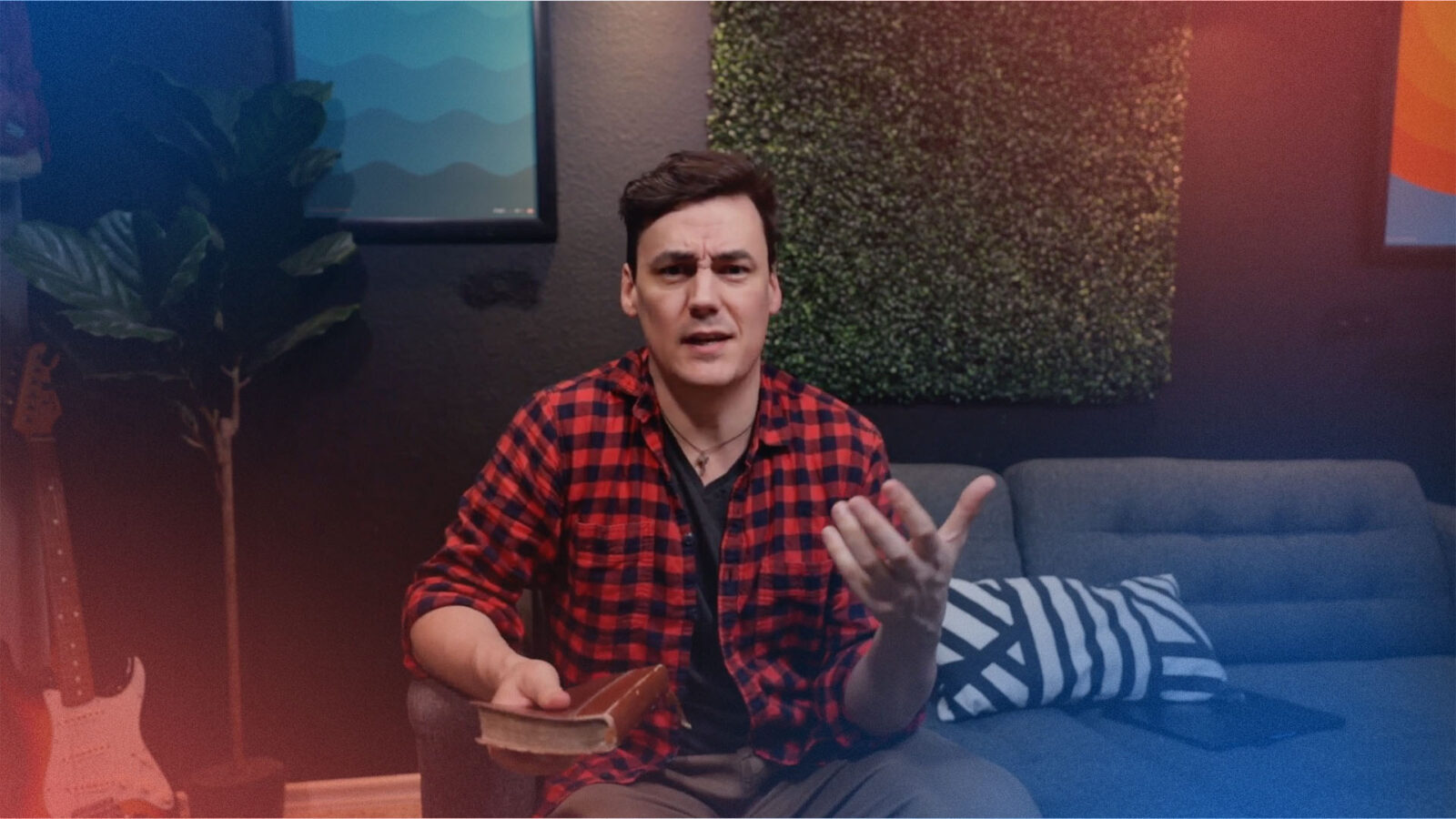
We are called to do our best, and rely on God for the rest. Jesus gives us the Holy Spirit, and the sacraments to give us strength.
WatchU.27 — CCC 1803-1948
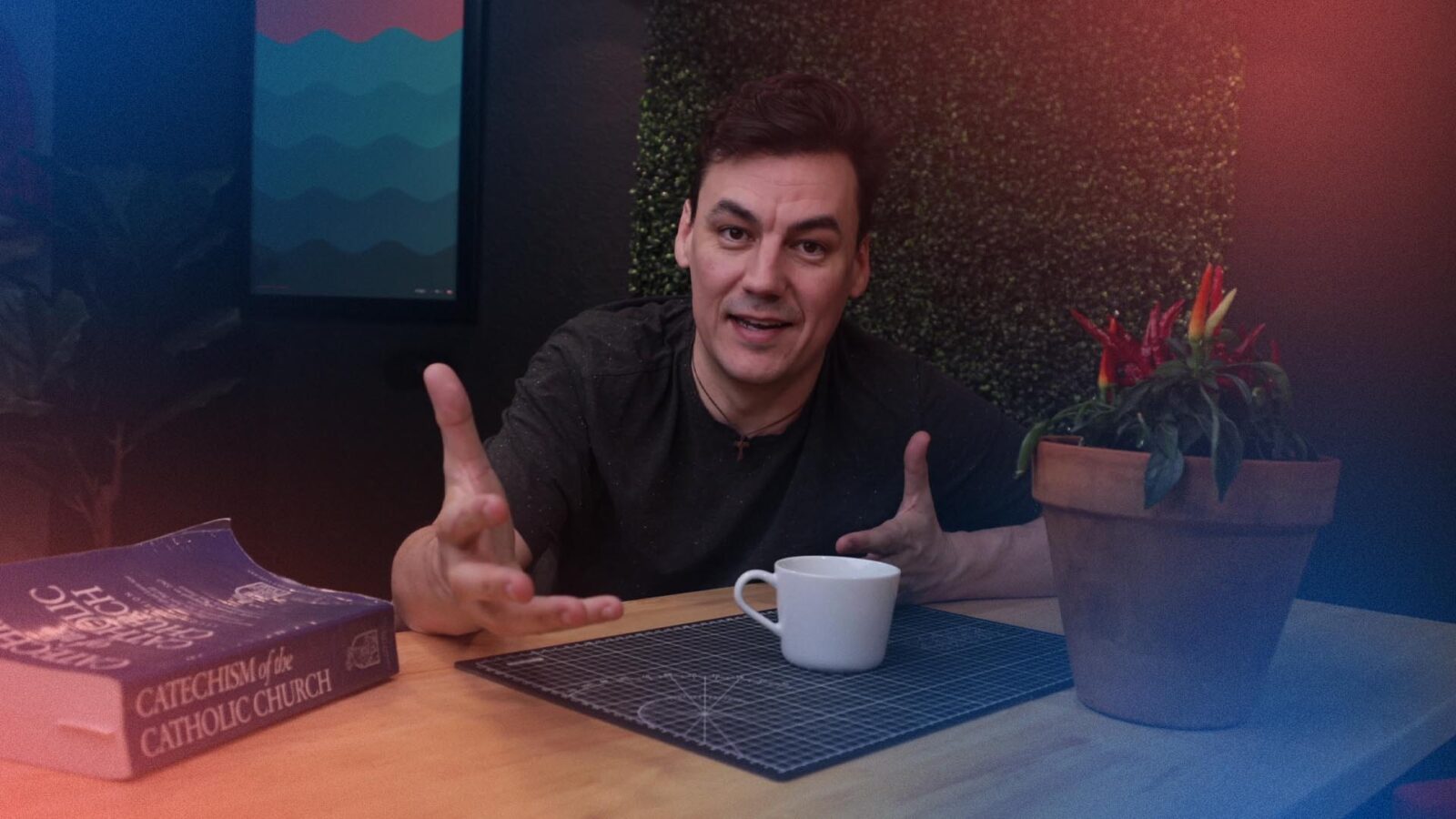
“Trying harder next time” won’t keep you from sinning. You need to cooperate with grace!
WatchBy submitting this form you consent to receive emails about Real+True and other projects of OSV.